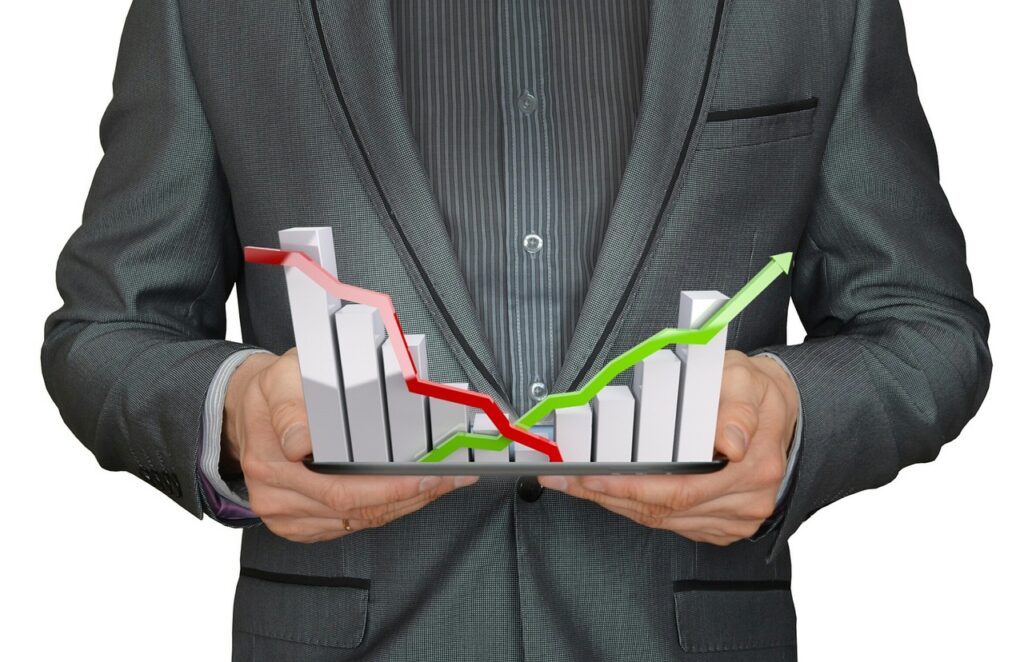Detecting signs of an impending recession can be challenging, as economic conditions are influenced by numerous factors. However, there are certain indicators that economists and financial experts often monitor to assess the likelihood of a recession. Here are ten signs to look for:
- Yield Curve Inversion: When short-term interest rates are higher than long-term rates, it can signal a recession. This phenomenon, known as a yield curve inversion, often precedes economic downturns.
- Unemployment Rate: A sudden and sustained increase in the unemployment rate can be a sign of a weakening economy. Rising joblessness can lead to reduced consumer spending.
- Consumer Spending: A decline in consumer spending can be an early warning sign. When people start cutting back on non-essential purchases, it can indicate economic uncertainty.
- Business Investment: Reduced business spending on equipment, machinery, and expansion can be a precursor to a recession. This often reflects a lack of confidence in future economic conditions.
- Manufacturing Activity: A drop in manufacturing activity, as measured by indicators like the Purchasing Managers’ Index (PMI), can indicate a slowdown in the economy.
- Corporate Profits: Declining corporate profits can suggest that companies are struggling to maintain their revenues and profitability.
- Consumer Confidence: A sharp decrease in consumer confidence can lead to reduced spending and investment. Consumer sentiment surveys can provide insight into this.
- Housing Market: A slump in the housing market, with falling home prices and decreased construction activity, can be an early warning sign of economic trouble.
- Credit Markets: Tightening credit conditions, such as higher interest rates or difficulty in obtaining loans, can restrict economic growth.
- Global Economic Conditions: Economic issues in major trading partners or global economic downturns can impact a country’s economy. Exports may suffer, affecting overall economic health.
It’s essential to remember that no single indicator guarantees a recession, and economic forecasting is complex. Economists typically look at a combination of these factors and analyze trends over time to make more accurate predictions. Additionally, economic conditions can vary by region, so monitoring these signs at a national and local level can provide a more comprehensive picture of economic health.

